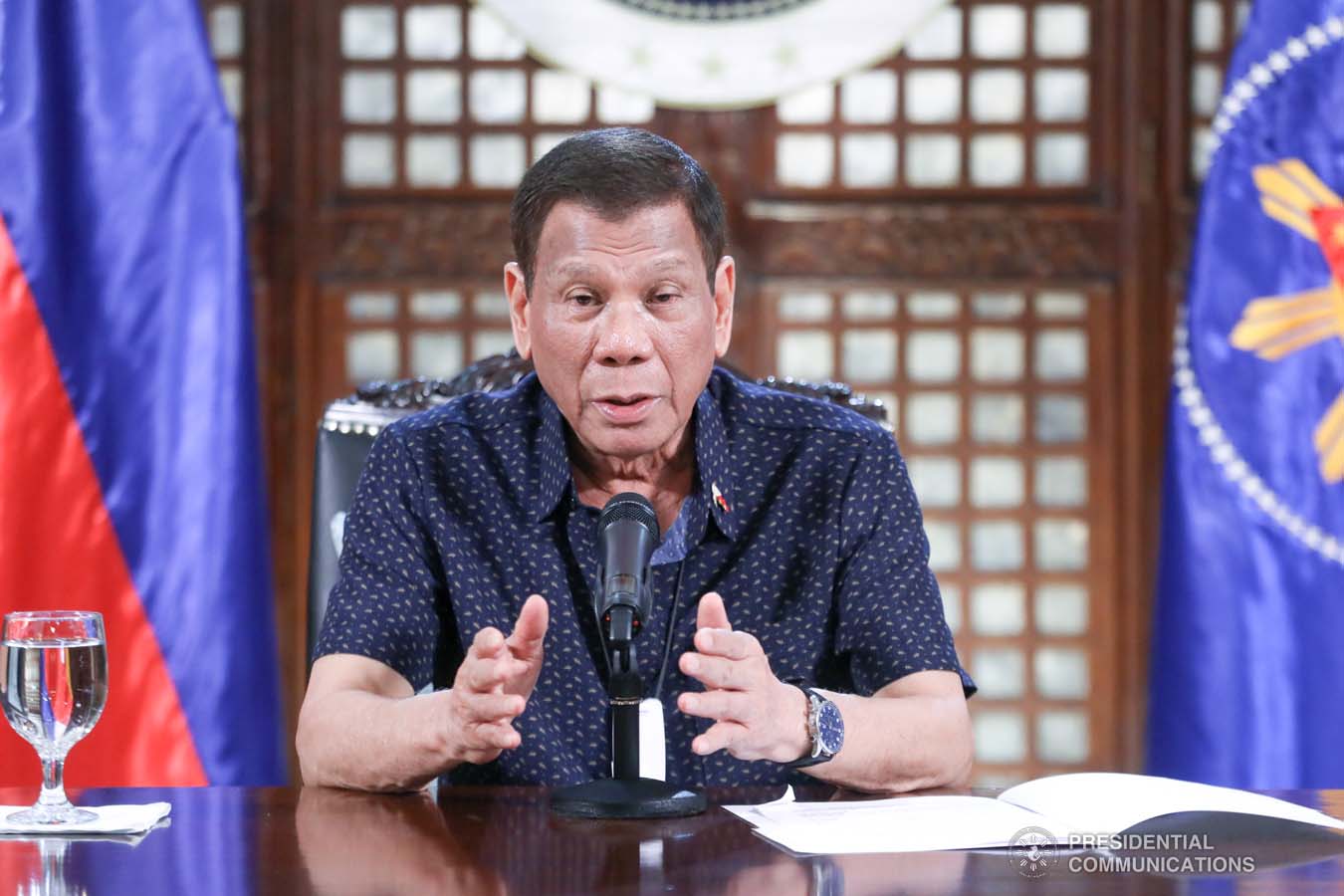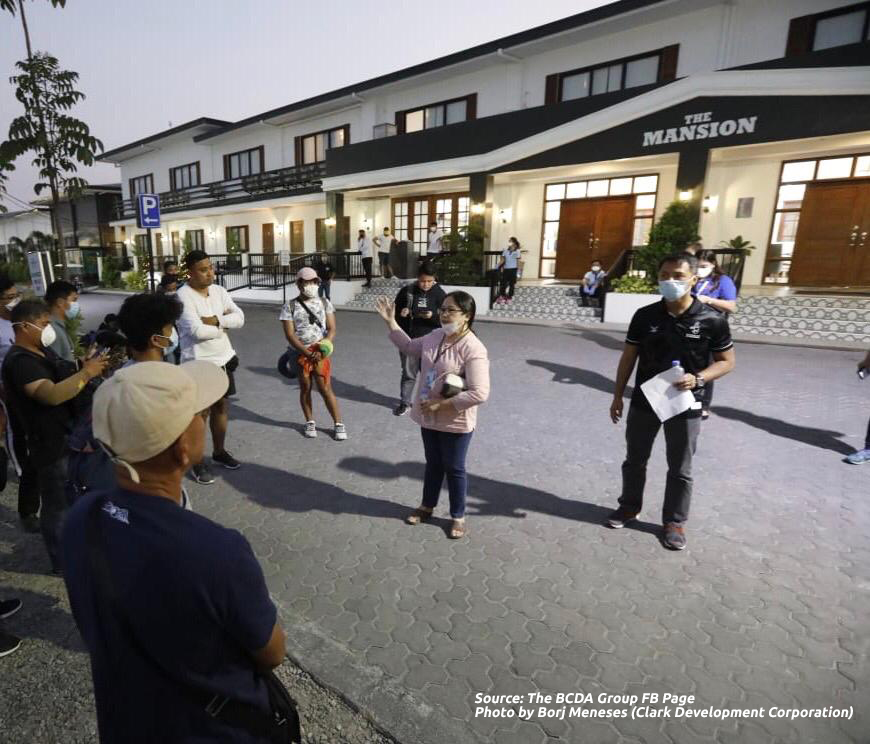Philippines Extends Luzon Lockdown until April 30
President Rodrigo Duterte extends the Luzon lockdown for two more weeks. The ‘Enhanced Community Quarantine’ (ECQ) was supposed to end next week, April 13, but the chief executive decided to extend it until April 30.

Cabinet Secretary Karlo Nograles, the spokesperson of the COVID-19 task force made the announcement early Tuesday. “The ECQ is up to April 30, 11:59 pm. This was the recommendation of the IATF which President Duterte announced last night. After his announcement, we verified it – the enhanced community quarantine is extended until 11:59 pm of April 30,” said Nograles during a televised press briefing.
The announcement came a day after the Chief Executive hinted on possibly extending the measure against the Covid-19 pandemic facing the country and other parts of the world. During the same presidential briefing, Duterte reiterated the need for people to stay at home and avoid exposing themselves to the virus.
Meanwhile, Covid-19 cases continue to rise in the country. As of April 6 the Philippines had 3,660 confirmd Covid-19 cases, with 73 recoveries and 163 deaths. Earlier, Vice President Leni Robredo and some lawmakers expressed support for the extension of the Luzon lockdown. However, Robredo called on the government to improve its response to the virus.
“I think it is crucial that people understand why [the extension] has to be done. If they don’t understand why it is necessary, there will be resistance… I think this resistance will be lessened if people understand why it needs to be done [and] if their basic needs are met,” said Robredo.
Government tells PH Hotels: Accept All Returning Overseas Filipino Workers

Foreign Affairs Secretary Teodoro Locsin, Jr. warns hotels rejecting returning Filipino workers. Teodoro told the establishments that their properties may be seized by the government through President Duterte’s special powers given by congress to solve the Covid-19 problem facing the country. Among those facing rejections from hotels are the thousands of seafarers who were being turned away because of supposed fears of possible exposure to Covid-19.
“The President has the power to seize any hotel. That power must be invoked,” said Locsin on his social media account. “I don’t want our seafarers to sleep in the streets. They’ve had a hard life. Please I appeal to the hotels. Please take them in. Quarantine will accredit the hotels. We are all in this together,” added Locsin.
The Department of Foreign Affairs (DFA) is leading the repatriation of thousands of overseas Filipinos that has so far affected over 200 countries worldwide. On April 1, 881 Filipino seafarers arrived in Manila from cruise ships moored in the United States due to travel bans to curb the spread of the coronavirus disease. Four days later some 322 Filipino seafarers from Italy arrived in Manila. So far, the DFA has facilitated the repatriation of around 5,000 seafarers. However, there are still seafarers stuck at sea amid the Covid-19 problem facing the globe.
Crews are now faced with strict restrictions from several countries trapping many of them on their vessels. This situation has prompted the International Chamber of Shipping (ICS) and the International Maritime Organization (IMO), the United Nations’ shipping regulator, to ask governments to designate sailors as essential personnel during the pandemic to ensure they can travel, according to a Wall Street Journal report.
“After you get used to the fear of getting sick, boredom takes over… We do our shifts and then we get together, look at the web when it works, send texts back home and sing,” said Alden Torres, a Philippines native and sailor on a dry-bulk vessel sailing from Brazil to Japan said in the WSJ article. But that’s not all. Some seafarers have also reported being victims of discrimination. In an article on Sunstar Cebu, Filipino seafarer Dick Andro Ferrolino recalled an ordeal he had while in New Zealand. He narrated that some operators "seemed to be avoiding" him and his other companions.
“They are afraid to come near us or they ask us to go away if they wish to pass… They think we carry the virus. Somehow, it felt like we were being discriminated against,” said Ferrolino who is among the seafarers stuck at work onboard vessels. Torres and Ferolino are just two of the 400,000 Filipino seafarers who wish to be with their families but chose to continue working at sea during the tough times brought by the Covid-19 pandemic.
